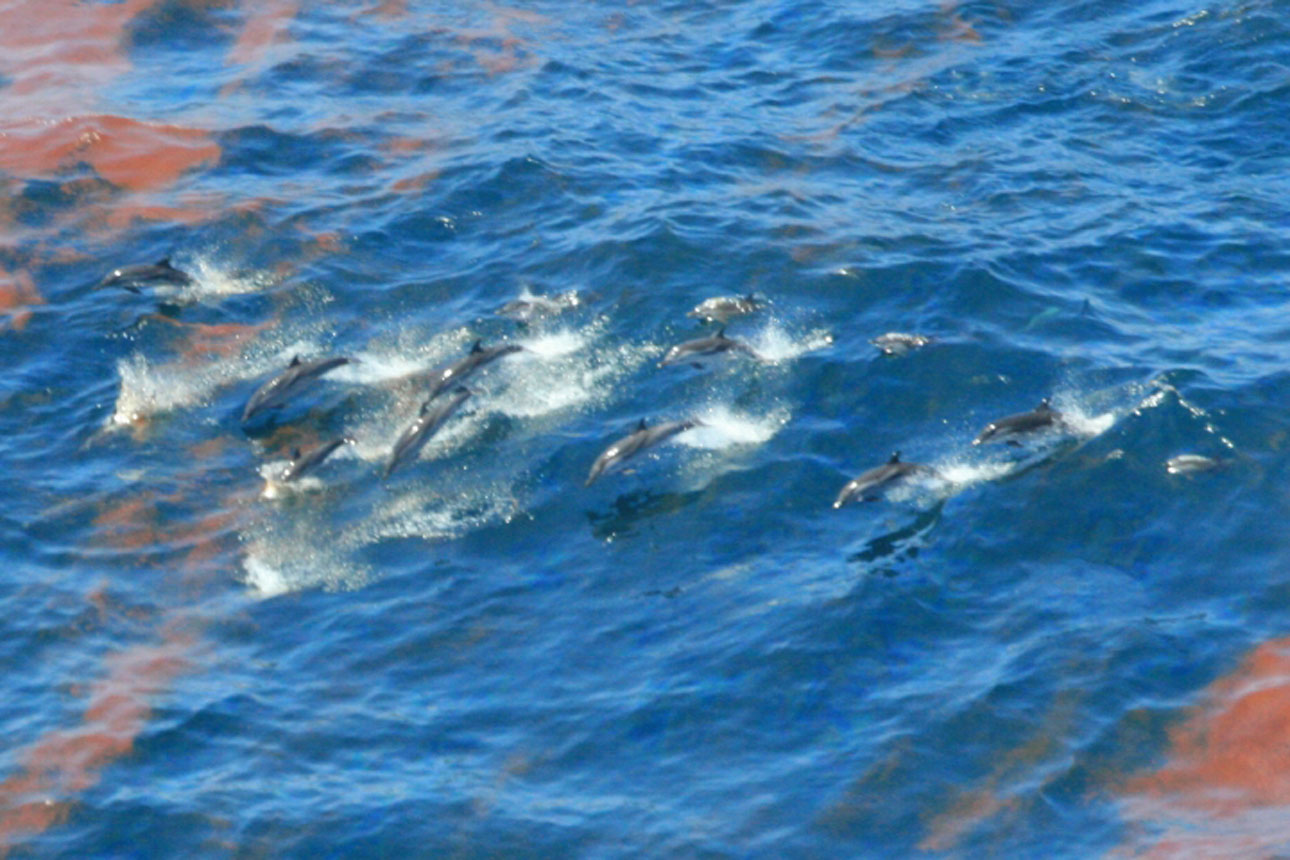
BP: Oil Spill Clean-up Operations a “Welcome Boost to Local Economies”
You would have thought that having been responsible for the largest offshore oil spill in US history, the Deepwater Horizon, which spilled an estimated 4 million barrels of oil into the sea, and cost you $65 billion, that as a company you would see oil spills as something to be avoided.
You would have thought that having been responsible for the largest offshore oil spill in US history, the Deepwater Horizon, which spilled an estimated 4 million barrels of oil into the sea, and cost you $65 billion, that as a company you would see oil spills as something to be avoided.
You would have also thought that, given a track record of causing significant environmental harm, as a company you might avoid trying to drill in ecologically sensitive areas.
Not so BP.
For years BP tried to drill in the Great Australian Bight, but pulled out in 2016, having failed to convince the authorities of the robustness of its highly controversial drilling plans and any spill response.
The Bight, which is off the country’s southern coast, is a marine park and is home to one of the largest breeding populations of endangered southern right whales in the world.
However, BP still holds two licenses in the area, although it transferred two licenses to Statoil last year.
But now BP’s shambolic attempt to drill the Bight is back making news again. New FOI documents uncovered by Climate Home News, reveal that, whilst still trying to gain regulatory approval for drilling in the Bight, BP unbelievably said that the oil spills coulds be good for local businesses.
BP argued that “in most instances, the increased activity associated with cleanup operations will be a welcome boost to local economies”. The company was asked to remove such a statement by the Australian federal agency involved, the National Offshore Petroleum Safety and Environmental Management Authority (NOPSEMA).
The oil giant had also attempted to argue that a diesel spill in the ecologically sensitive area, was “socially acceptable”.
The authority also concluded that BP’s submission required “significant modification” to comply with Australia’s environment laws. indeed, the company’s proposed plans were systematically critiqued by NOPSEMA.
Again, you would have thought that BP would have learnt the lessons of the Deepwater Horizon spill and have robust procedures and plans in place regarding a blow out, as the company suffered in the Gulf of Mexico.
But NOPSEMA concluded that BP’s “impact evaluation” for a “well blowout is not appropriate for the nature and scale of the activity” and that the “evaluation of impacts and risks does not adequately explain how it addresses the level of uncertainty associated with a range of spill risk issues including predicted hydrocarbon properties, worst credible blowout scenario, fate and weathering of an oil spill and limitations of trajectory modelling”.
Moreover BP’s submission did not “provide an adequate evaluation of the impacts and risks of naturally dispersed oil” or “chemically dispersed hydrocarbon plumes”. BP’s “evaluation of impacts of a well blow out scenario to socioeconomic values tourism, recreation, fishing, etc)” was deemed to be “insufficient”.
For example: “The evaluation of impacts to tourism has not adequately considered the flow-on impacts from biological effects e.g. impacts to whale/dolphin presence and prey availability.”
The “impacts to fisheries” had also been “insufficiently evaluated”. BP’s plan did “not demonstrate that the environmental impacts and risks of the activity will be reduced to as low as reasonably practicable.”
The oil giant had also failed to properly evaluate “potential ecological consequences” on whale migrating and feeding in response to sound emissions from drilling activity. Depending on where the drilling was located, “migrating whales or feeding areas may be exposed to underwater sound … at levels within the behavioural disturbance range”, concluded NOPSEMA.
The documents also reveal that up to 750km of beaches and shoreline could have been polluted in the event of a spill, leading to Nathaniel Pelle, a senior campaigner at Greenpeace Australia, telling Climate Home News that: “Now we not only know how far it could reach, but how extensive an oiled coastline could be – 750km of oiled beaches is a horrifying thought.”
Although BP is no longer planning on drilling the Bight, Statoil is proceeding with its drilling plans. The company told the Sydney Morning Herald that the company “will only undertake drilling activity if we can do it safely”. Given the evidence we have seen from BP, this is actually impossible at the Bight. However, Statoil plans to drill an exploratory well sometime next year.

